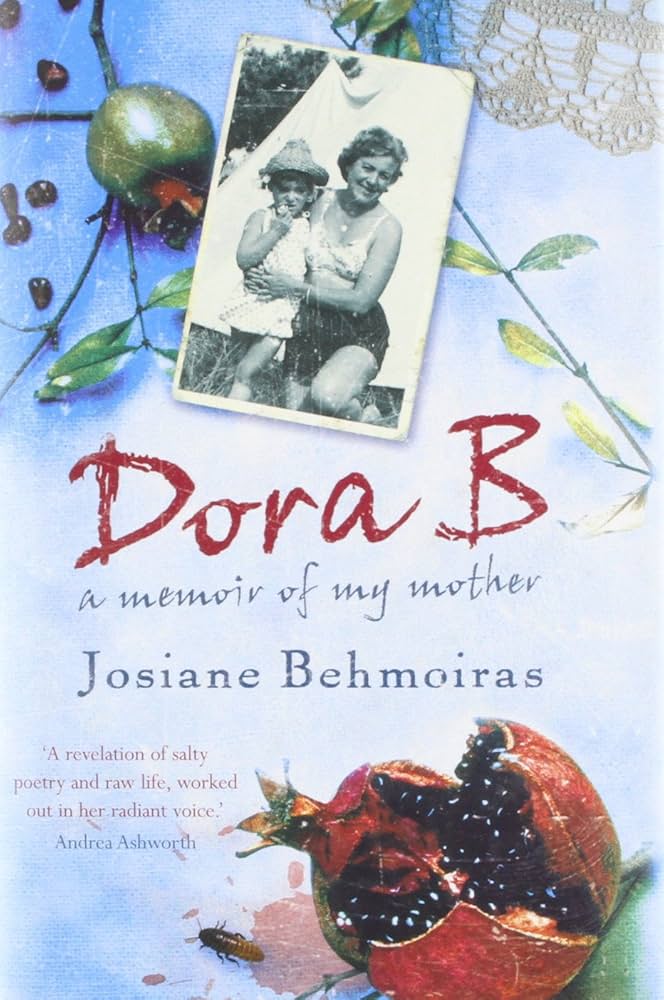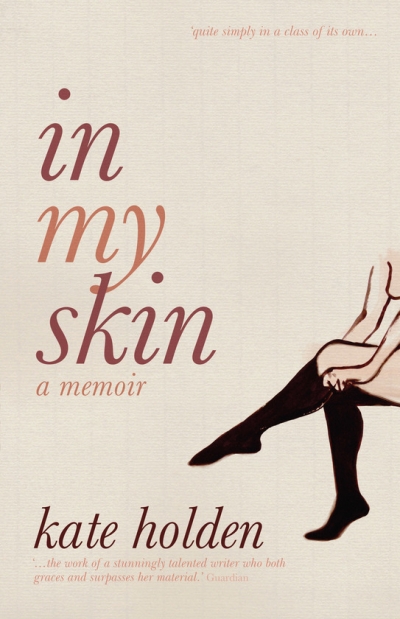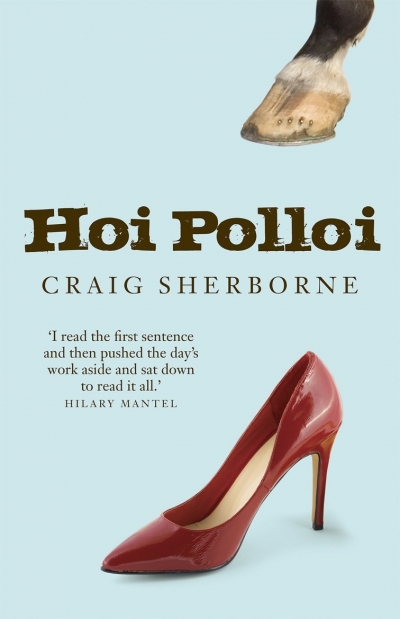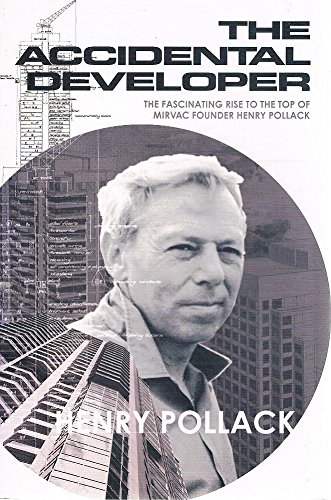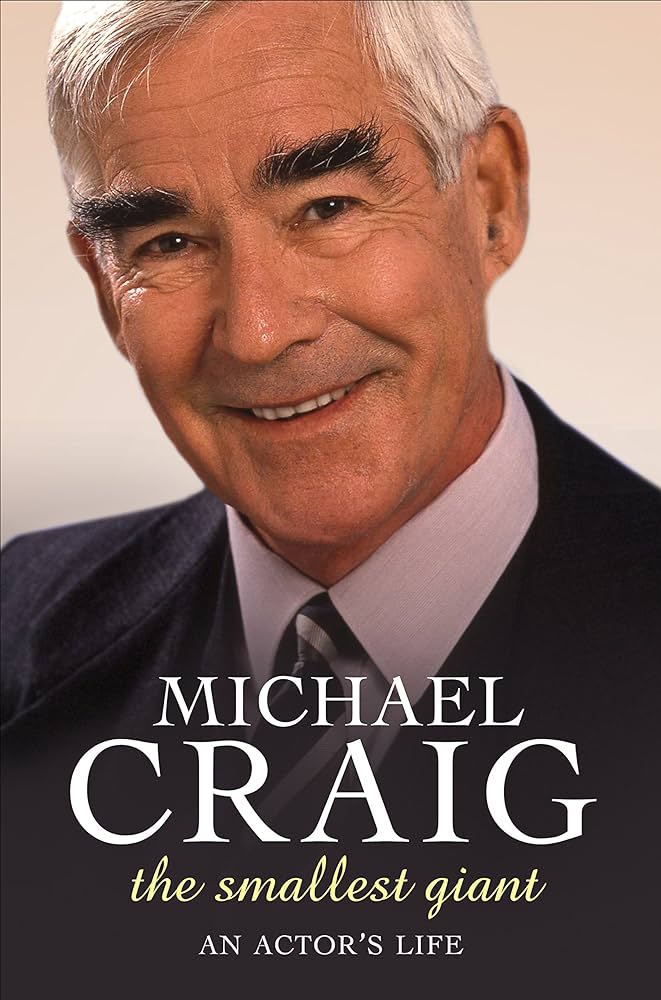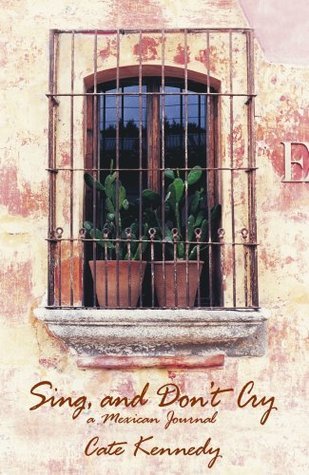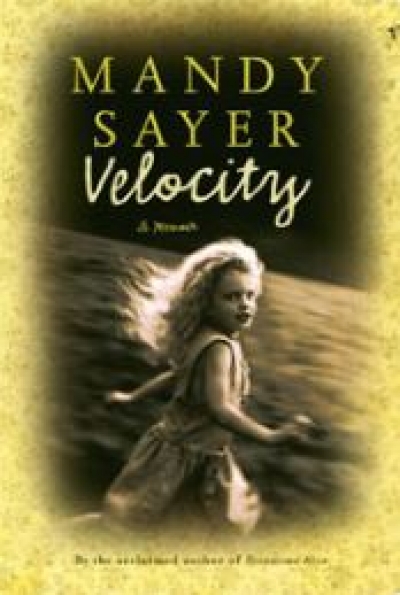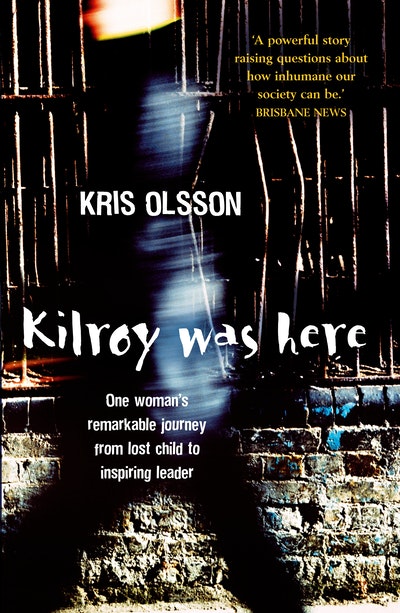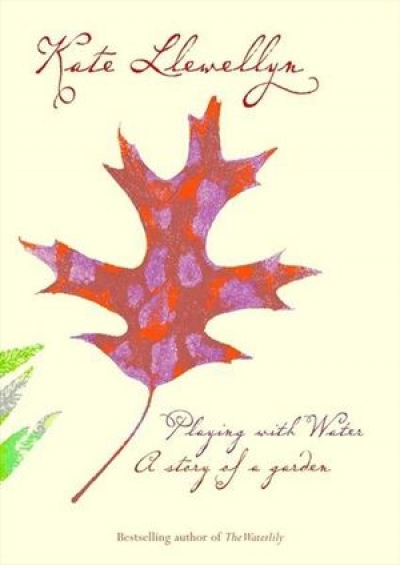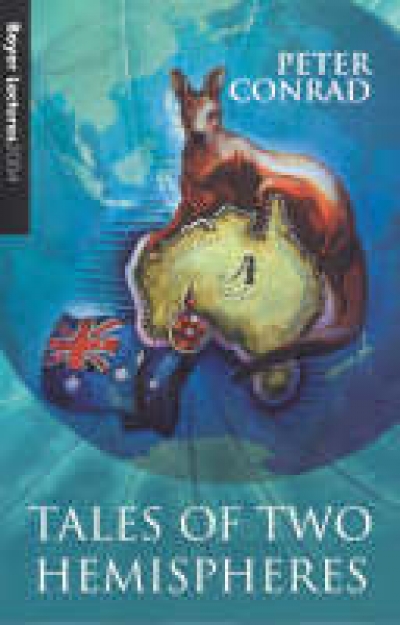Memoir
‘One day I will have to tell (my daughter) … that her grandmother is a bag lady.’ Josiane Behmoiras’s exquisitely crafted memoir of her mother, Dora, delivers its punchline in the opening chapter. Behmoiras’s childhood and youth were shadowed by her mother’s untreated mental illness and by their descent into chronic penury, loneliness and fear. Nonetheless, the overall effect of this work is of warmth and colour, and of a keen sense of the absurd. The pleasure taken in recapturing each vignette seems to reflect its subject’s irrepressible fighting spirit. Dora fostered her daughter’s artistic gifts, as well as her capacity for love, joy and compassion.
... (read more)Melbourne woman Kate Holden’s memoir of being a heroin user and of working as a prostitute to fund her habit opens with a quote from Virgil: ‘To descend into hell is easy. But to return – what work, what a labour it is!’ The quote is at odds with the life story Holden constructs in this brave, explicit, and extremely well-written book ...
... (read more)A laughing man, according to Flaubert, is stronger than a suffering one. But as Craig Sherborne’s extraordinary new memoir of childhood and youth shows, the distinction isn’t that simple. There is much to laugh at in Hoi Polloi, but this is also a book suffused with pain and suffering ...
... (read more)The Accidental Developer: The fascinating rise to the top of Mirvac founder Henry Pollack by Henry Pollack
Henry Pollack, the founder of Mirvac, one of Australia’s largest and most successful property development companies, started life in Lodz, a booming Polish textile town. Born in 1932, he belonged to a well-to-do family and became a bookish boy. He writes about his youth with vivid openness, describing not only events but his feelings, thoughts and youthful ideals. With this memoir, written towards the end of his life, Pollack comes close to being the writer he dreamt of becoming as a boy. Memories of his childhood have a fidelity and clarity that may well be the result of a life lopped and restarted at the age of sixteen; those early years are preserved as if in a time capsule.
... (read more)The publisher’s puff to actor Michael Craig’s autobiography, a ‘fascinating, wittily wicked memoir of his life in film, theatre and television’, is unfortunate: not only is its conventional hyperbole on this occasion a cruel overstatement, but it misleadingly suggests a meaningful structuring of the events of Craig’s long career – in three media on two continents – that is nowhere apparent. Craig himself calls it more modestly a ‘rambling discourse’.
... (read more)‘There is no pleasure in travelling,’ Albert Camus jotted in his notebook while in the Balearic Isles one summer. ‘It is more an occasion for spiritual testing.’ Pleasure, he argued, leads us away from ourselves; travel, which he considered part of the eternal search for ‘culture’, always brings us back to ourselves.
... (read more)The picaresque adventures of an eager young woman tap-dancing through the streets of New York and New Orleans to the rhythms of her boozy, freewheeling jazz-drummer father – it’s not surprising that Mandy Sayer’s first memoir, Dreamtime Alice, was widely embraced by reviewers and readers on its publication in 1998. Busking in the United States was Sayer’s attempt to graduate from being a listener to her father’s stories of on-the-road bonhomie into one of their players. Like her father, she uses the resulting tales to beguile and seduce, polishing them so that they reflect both the tradition of Broadway star stories and countless coming-of-age romances.
In Dreamtime Alice, Sayer’s father recounts the loss of his virginity, his daughter’s conception, his wet dreams, his drug highs, his failed schemes – a staccato rhythm of self-creating storytelling. Her mother, in contrast, ‘is shut up tight … the antithesis of my verbose father’. In Sayer’s new memoir, Velocity, the life of this silent woman moves to the foreground.
... (read more)Kilroy Was Here by Kris Olsson & Desperate Hearts by Katherine Summers
Katherine Summers’ memoir of her childhood and Kris Olsson’s biography of Debbie Kilroy have in common histories of violence and abuse against women and children. Summers writes of her early childhood of desperate poverty in London’s East End in the 1960s and of her subsequent time in private boarding schools in a way that emphasises the powerlessness of the child in an inscrutable adult world. In contrast, Olsson traces Debbie Kilroy’s journey from an angry and rebellious adolescence in Brisbane in the 1970s to becoming a battered wife and mother who was imprisoned in the infamous Boggo Road prison after being convicted of illegal drug trafficking. From these beginnings, Olsson recounts the process by which Kilroy becomes a powerful activist and leader on behalf of imprisoned women and troubled teenagers.
... (read more)Kate Llewellyn has written sixteen books, which is quite an achievement. They include poetry, fiction and autobiography. One book, The Waterlily (1987), has sold 30,000 copies, a notable accomplishment for any author. The Waterlily was the first book in Llewellyn’s Blue Mountains trilogy; the second was called Dear You (1988). I read it years ago, having borrowed it from a library because I suspected the title might be an indication of the tone. It was not the epistolary format that gave me pause: I have relished many correspondences, ranging from the passionate exchanges of Julie and St Preux in Rousseau’s Julie ou la Nouvelle Héloïse (1761) to Robert Dessaix’s grapplings with life-threatening illness in his acclaimed Night Letters (1996). But for my taste, the series of missives beginning ‘Dear You’ betrayed an irritating archness. The author seemed to be caught between the heady excitement of Revealing All and a coy fear of saying Too Much.
... (read more)Tales Of Two Hemispheres: Boyer Lectures 2004 by Peter Conrad
At the age of twenty, Peter Conrad slammed his Australian door shut behind him. He was travelling into the ‘wider world’, away from his native Tasmania to take up his Rhodes scholarship at Oxford; he went with barely a backwards glance. Growing up as an omnivorous reader of English literature in the years of what he has called his ‘colonial childhood’, the young Conrad had become increasingly resentful at the perverse randomness of his exile. What he could only think of as an administrative error had relegated him to an Australia that seemed vacant and vacuous. When his time came, he ruthlessly withdrew his affection from parents and country. This snake-like shedding of skin was his liberation. Crossing Waterloo Bridge in August 1968, he had – like Wordsworth before him – a moment of epiphany. As the bridge ‘ran out into the Aldwych in a sunny crux of blue dust’, the young Conrad passed innocuously through the door by which he stepped into life. In confessional mode, he later celebrated this as the exact moment of his birth. That was when the years of his Australian youth were cancelled out, relegated to a phase of mere ‘pre-existence’.
... (read more)

